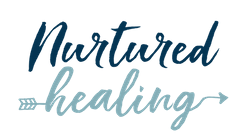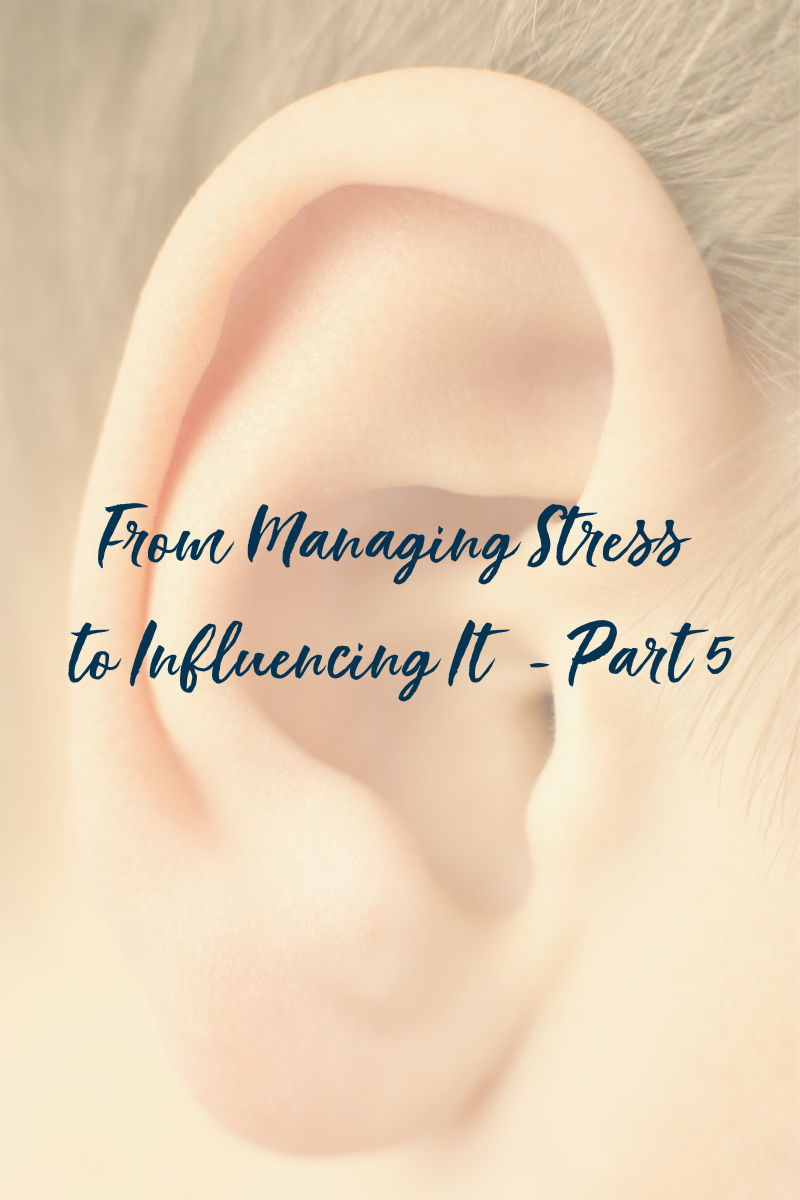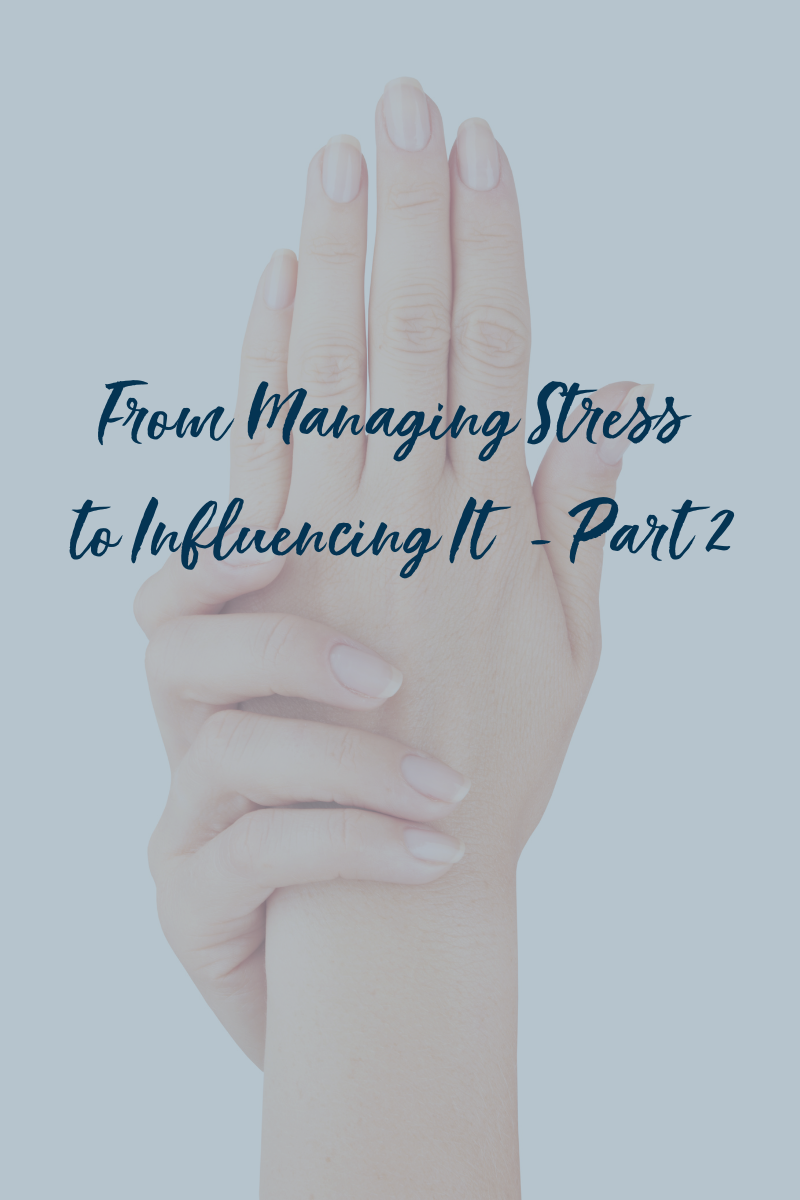From Managing Stress to Influencing It - Part 4 Mouth
From Managing Stress to Influencing It - Part 3 Nose
We have all heard about taking a deep breath when we are feeling stressed. It’s true that deepening your breath into fuller, belly breaths can help activate a calming response but being told to “take a deep breath” when you are stressed can be downright annoying.
Understanding that stress shifts your breathing helps us recognize that you can use breathing or the area of your nose to shift stress. Breathing bypasses the stressful thoughts swirling around in your head and impacts the body directly.
From Managing Stress to Influencing It - Part 2 Hands
Touch.
Most of us take our sense of touch for granted. Our hands for example, an appendage we use on a daily basis to conduct our lives — to cook, clean, work, show affection, play, text, channel surf, eat and more — are often not give a second thought.
Sure, you could summon a feeling of gratitude for your hands or sense of touch in the moment that could result in shifting your stress response. But today, I am going to share less cognitive ways to use your hands and sense of touch to calm yourself when you are activated in a stress response.
From Managing Stress to Influencing It - Part 1
Work pressure, trouble with family or friends, juggling responsibilities, and overwhelming emotions - any of these things can cause stress.
Stress is real and it can result in mental, emotional, and physical symptoms. What if instead of just managing life's stressors you could influence how your body responds? This blog series will explore why stress happens as well as body-based practices that can influence and calm the body's stress response.
3 Tips to Understand What Your Body is Sharing
In a previous work role, there had been many changes and I felt physically unsettled.
But I used my brain to rationalize why it made sense to stay in the situation. The financial retainer was steady income. I believed in the work the organization was doing. The monthly tasks came easy to me. Why would I walk away from this? It made so much sense on paper.
I had a few direct conversions that I thought “fixed” the situation. I ignored the tightness in my chest and continued completing my assignments. Intent on being ok with the situation. “It’s just work, you’re not ‘supposed’ to be content with work all the time,” I thought.
Then a series of instances directly related to the job I was hired for transpired. I felt devalued, my contributions were minimized and my counsel was ignored.
Not Taking Action on Your New Habit? You're Not Alone
It’s February 2022.
Have you started putting off or completely stopped the new habit(s) you were excited about just one short month ago?
You’re not alone. According to Forbes, nearly 80 percent of people will abandon their New Year’s Resolutions by February. Even before that many of us find ourselves procrastinating on engaging in the new habit or behavior.














